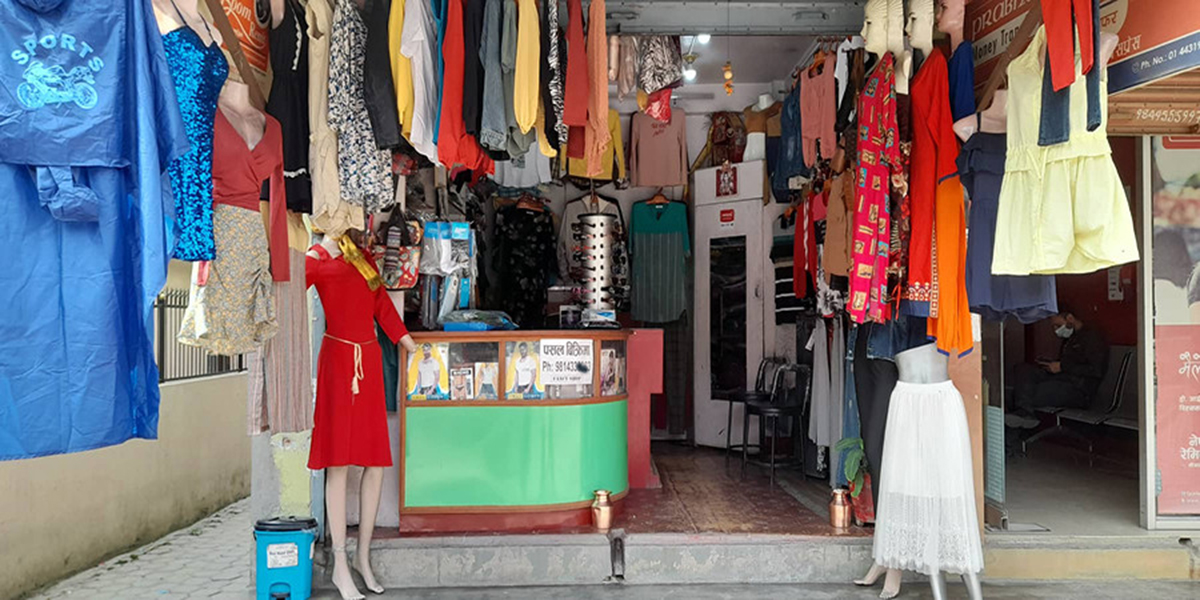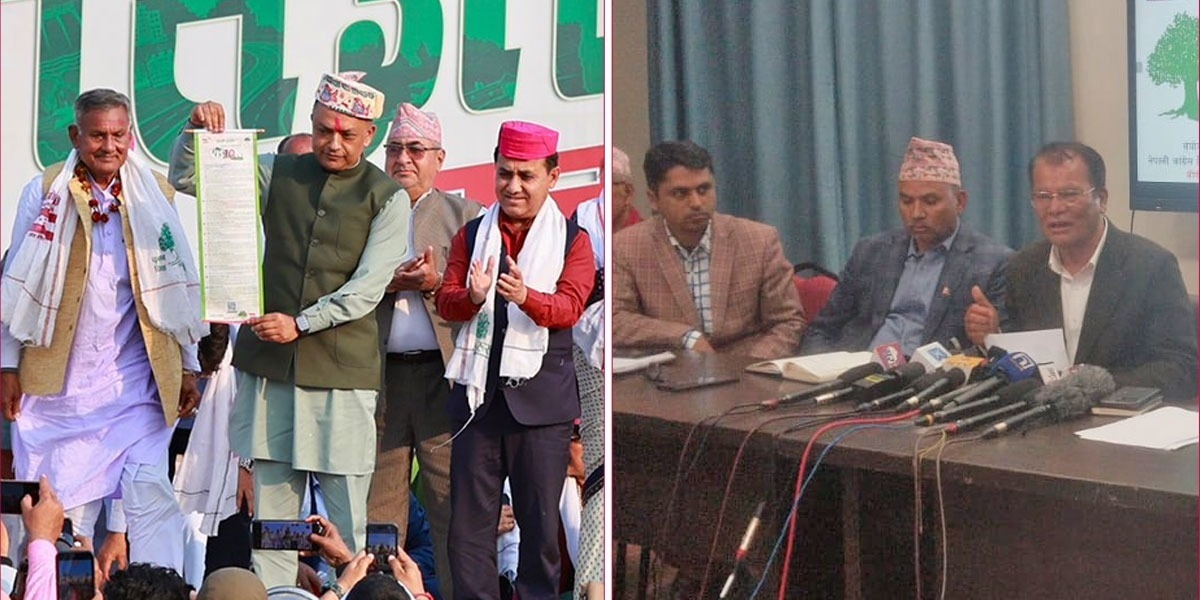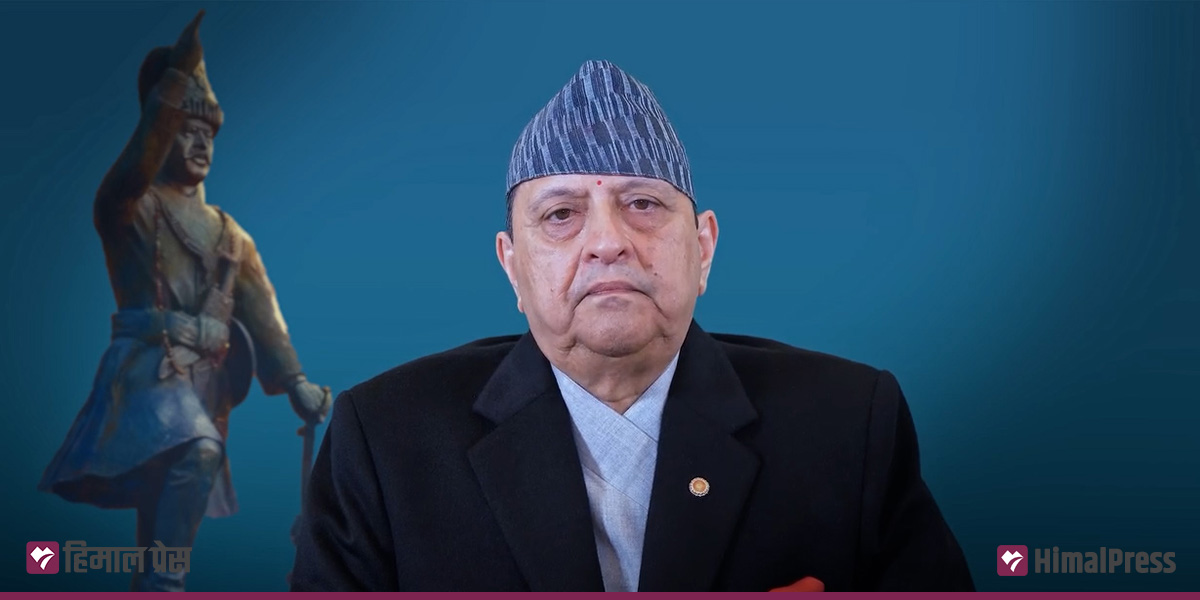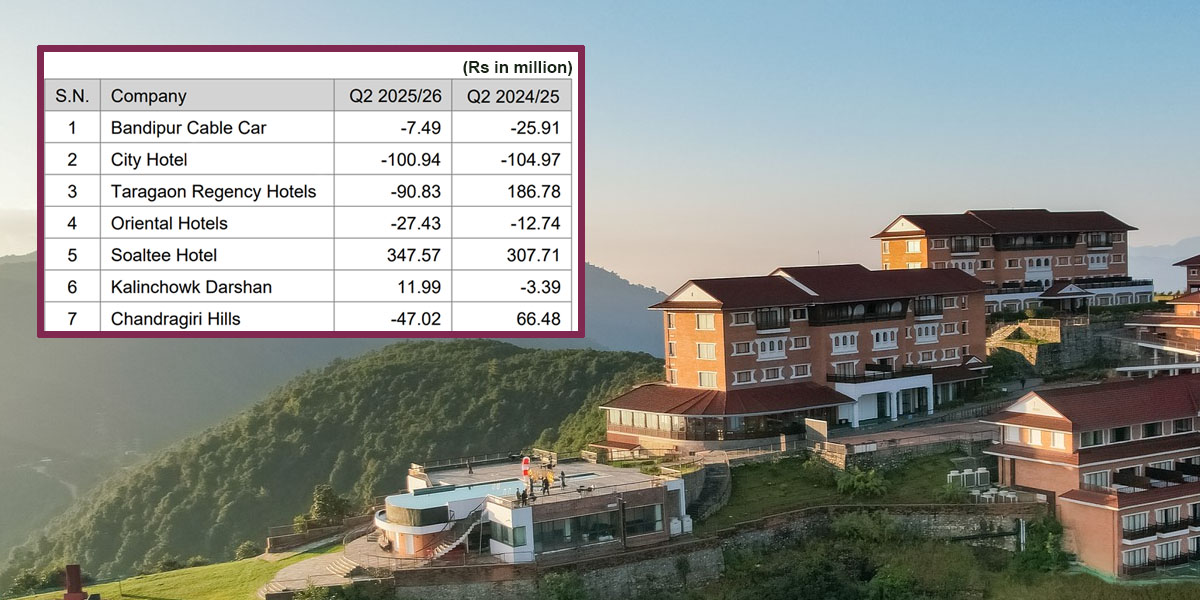 A fancy store in downtown Kathmandu. (File Photo)
A fancy store in downtown Kathmandu. (File Photo)
KATHMANDU: Ekraj Basnet, who was operating Rapti Money Transfer in the Tharmare market area of Bagchaur Municipality in Salyan, recently left for Romania. Basnet, who was in the money transfer business for the past eight years, had started his own business after working for another money transfer company in Dang for three years.
Over the past year, Basnet witnessed his business decline by nearly half. “Our business dropped significantly due to the central bank’s policy. Also, migrant workers started depositing their earnings directly in their bank accounts,” Basnet had told this scribe a few days before he left for Romania. Basnet decided not to risk his money in another business and sought foreign employment himself.
Faced with diminishing business prospects, Basnet, along with four other local businessmen, either shuttered their businesses or sold them and left the country.
The central bank made a significant policy change two years ago, reducing the limit for domestic remittances from Rs 100,000 to Rs 25,000. This decision directly impacted individuals like Basnet who relied on the domestic remittance business. The central bank defended the decision, citing misuse of the domestic remittance system by Hundi operators.
Hundi refers to illegal remittance channels.
Nagendra Kumar Dangi, who runs a fancy shop in Tulsipur, is now preparing to work in Japan. He has handed over his business, which he established six years ago, to his wife. Prior to the pandemic, the couple experienced a thriving business with a steady stream of customers. With business seeing a downturn, Dangi felt it was time he tried his hands somewhere else.
State-owned news agency RSS reported last month that about 100 shops in Janakpur Sub-metropolitan City had closed down. Local business owners said in the report that their sales were down by a third.
The statements from those who have migrated, are in the process of migrating, or are still in business echo align with the government’s official figures. According to the Department of Customs, imports worth Rs 130.5 billion were recorded in the second month of the current fiscal year (mid-August to mid-September). This figure represents a drop from the previous fiscal year when goods worth Rs 157 billion were imported, despite a ban on certain goods.
The decline in imports during the festive season, including Dashain and Tihar, traditionally a time of robust business activity, indicates that the economy is headed in the wrong direction.
Business leaders argue that government policies are contributing to the decline in trade and business activities. Jyotsna Shrestha, the vice president of the Federation of Nepalese Chambers of Commerce and Industry (FNCCI), pointed to a lack of confidence in the private sector due to the government’s inability to support businesses. She also noted that consumer incomes have not increased significantly, and inflation remains high, leading to a reduced demand in the market.
The usual festive enthusiasm, which typically provides a boost to all sectors of business, is notably absent this year. Traditionally, consumer goods consumption would double during Dashain and Tihar, and there would be increased demand for apparel and footwear. Businesses would stock up in anticipation of these festivals. However, the market is currently devoid of such enthusiasm.
The government has released Rs 21 billion for salaries and allowances of civil servants. There is ample funds in the market, remittances flow is increasing and banks are flush with cash. However, business activities are struggling to gain momentum.
Historically, spending during the Dashain-Tihar festive season injected new life into the market, sustaining businesses for three to four months. This year, however, the situation is different, as there is limited demand in the market, according to Shrestha. “Business owners are not as excited about the festive season as in previous years due to these challenges,” she added.














